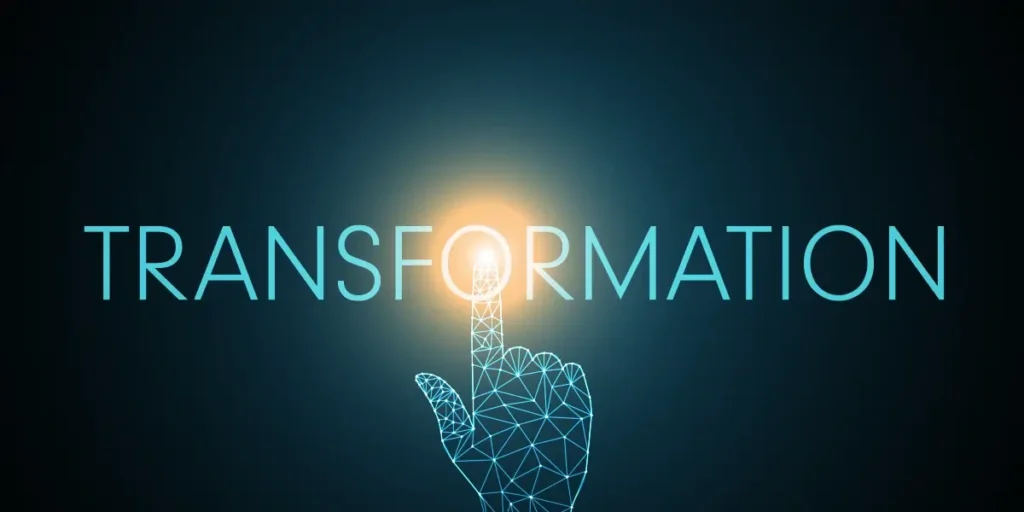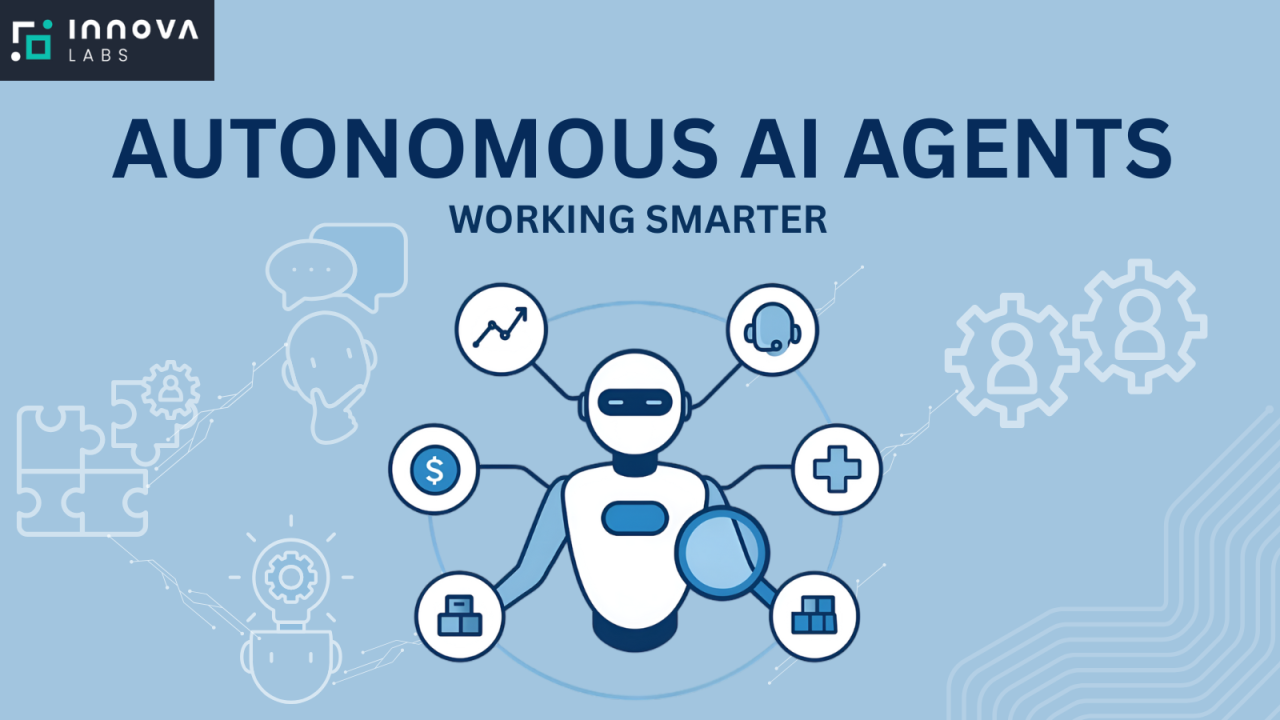Information Screening: Navigating the Age of Data Overload
Introduction
We live in an age where information is not scarce but overwhelmingly abundant. Every second, billions of bytes of data are generated through social media updates, online articles, research publications, financial transactions, health records, and much more. While this vast ocean of information is empowering, it also presents a challenge—how do we filter, analyze, and make sense of it effectively?
This is where information screening comes into play. Information screening refers to the systematic process of evaluating, filtering, and selecting relevant information from a massive pool of data to support decision-making, research, or communication. From healthcare and education to business intelligence and security, information screening has become indispensable in ensuring accuracy, efficiency, and informed choices.
This article explores the concept of information screening in depth, its importance, techniques, tools, challenges, and real-world applications, ultimately offering a comprehensive understanding of how we can harness it to thrive in the digital era.
What is Information Screening?
Information screening is the process of identifying, categorizing, and selecting relevant and reliable information from a larger body of data. It involves filtering out noise, misinformation, redundancy, and irrelevant content while focusing on accuracy, timeliness, and usefulness.
In essence, it answers three fundamental questions:
-
What information is relevant?
-
What information can be trusted?
-
What information supports the goal at hand?
For example, a doctor reviewing a patient’s medical history screens information to identify key symptoms and test results that will guide diagnosis and treatment. Similarly, a financial analyst screens data from global markets to identify trends affecting investment strategies.
The Importance of Information Screening
1. Overcoming Information Overload
With digitalization, humans consume more information in a single day than previous generations did in months. Information screening helps avoid cognitive overload by streamlining only the most important details.
2. Enhancing Decision-Making
Organizations and individuals need accurate information to make strategic choices. Screening ensures that decisions are based on relevant, trustworthy data rather than incomplete or misleading sources.
3. Improving Research Quality
Researchers rely on information screening to filter peer-reviewed sources from unverified materials, ensuring the credibility of their findings.
4. Boosting Productivity
By focusing only on necessary information, employees and learners save time, reduce distractions, and achieve greater efficiency.
5. Mitigating Risks
Information screening plays a vital role in cybersecurity, compliance, and fraud detection by flagging suspicious or false data.
Key Techniques of Information Screening
Information screening can be performed manually or automated through software. Below are some widely used techniques:
1. Relevance Filtering
Sorting information based on keywords, tags, or topics to ensure alignment with specific needs.
2. Source Evaluation
Assessing the credibility, authority, and reliability of information sources. Trusted institutions, peer-reviewed journals, and official websites rank higher in screening.
3. Content Analysis
Breaking down information into themes, patterns, or trends for deeper understanding.
4. Duplication Removal
Eliminating repetitive or redundant information to avoid confusion and data clutter.
5. Noise Reduction
Filtering out misinformation, clickbait, spam, or irrelevant data through content validation tools.
6. Metadata Analysis
Using metadata like author, publication date, and location to evaluate information relevance and recency.
7. AI-Powered Screening
Artificial intelligence and machine learning models can automatically classify, rank, and validate information at scale.
Tools and Technologies for Information Screening
Modern technology has greatly enhanced the ability to perform effective information screening. Some widely used tools include:
-
Search Engines with Filters: Google Scholar, PubMed, and Scopus allow advanced search filters for research.
-
Reference Management Software: Tools like EndNote, Mendeley, and Zotero help researchers screen and organize sources.
-
AI and NLP Tools: Natural language processing enables sentiment analysis, keyword extraction, and content categorization.
-
Content Moderation Platforms: Used in social media to screen harmful or inappropriate content.
-
Data Visualization Tools: Tableau, Power BI, and QlikSense help screen and present relevant data visually.
-
Plagiarism and Verification Tools: Turnitin, Copyscape, and fact-checking websites screen for authenticity and originality.
Applications of Information Screening
1. Healthcare
Doctors and researchers screen patient records, lab reports, and medical literature to provide accurate diagnoses and treatment plans. AI-driven screening is also used in drug discovery and pandemic tracking.
2. Education
Teachers and students screen online learning resources to ensure quality and relevance. Digital libraries and e-learning platforms use screening tools to recommend suitable materials.
3. Business & Finance
Companies screen financial data, competitor analysis, and consumer behavior insights to develop strategies and minimize risks.
4. Media & Journalism
Journalists rely on screening to verify sources and avoid misinformation. Fact-checking has become central in the era of fake news.
5. Government & Security
Authorities screen immigration data, criminal records, and surveillance feeds to ensure safety, compliance, and policy enforcement.
6. Personal Use
Individuals use information screening daily—whether filtering emails, searching for reviews before purchasing, or selecting trustworthy news sources.
Challenges in Information Screening
While vital, information screening faces several obstacles:
-
Information Overload – The sheer volume of daily data makes it difficult to screen effectively.
-
Misinformation & Fake News – Identifying credible sources in a sea of manipulated content is a challenge.
-
Bias in Screening – Human and algorithmic biases can distort screening outcomes.
-
Time Constraints – Manual screening is time-consuming, especially for large datasets.
-
Data Privacy Concerns – Screening personal data must comply with privacy regulations like GDPR.
-
Dynamic Data – Information changes rapidly, making it hard to maintain up-to-date results.
Future of Information Screening
The future of information screening is deeply tied to advancements in artificial intelligence, big data, and natural language processing. Some trends to watch include:
-
AI-Powered Personal Assistants: Virtual assistants will screen and deliver hyper-personalized information.
-
Blockchain Verification: Blockchain may ensure information authenticity by validating digital records.
-
Real-Time Screening: IoT devices and real-time analytics will enhance decision-making in sectors like healthcare and finance.
-
Bias Reduction Models: Efforts to create fair and transparent AI screening algorithms will improve trust.
-
Augmented Reality Screening: AR could present filtered information in immersive, context-driven ways.
Best Practices for Effective Information Screening
-
Define Clear Objectives – Know what information you need before you start searching.
-
Use Advanced Filters – Leverage Boolean operators, tags, and categories for precision.
-
Rely on Multiple Sources – Cross-check information from diverse, credible outlets.
-
Update Screening Methods – Adopt AI tools and keep up with evolving screening technologies.
-
Be Aware of Bias – Recognize and minimize human or algorithmic bias in your screening process.
-
Prioritize Quality over Quantity – Focus on accuracy, not the volume of information gathered.
Conclusion
In an era dominated by data abundance, information screening is not just a luxury but a necessity. From ensuring academic integrity and business success to safeguarding healthcare decisions and combating fake news, screening acts as the backbone of effective knowledge management.
As technology continues to advance, we are moving toward smarter, more automated, and bias-aware systems that will make information screening faster, more reliable, and deeply personalized. However, the human role remains critical—to ask the right questions, validate automated results, and ultimately make informed decisions.
The ability to screen information effectively is a skill that will define success in the information economy. Those who master it will thrive, while those who ignore it risk drowning in the noise of irrelevant or misleading data.
https://bitsofall.com/https-yourwebsite-com-federated-learning-for-privacy-secure-ai/
Sophisticated Creative Tools: Transforming the Future of Innovation, Design, and Productivity
AI Data Centers Near Tax Break With $165 Billion of Phantom Debt





